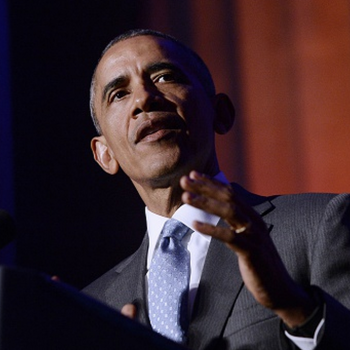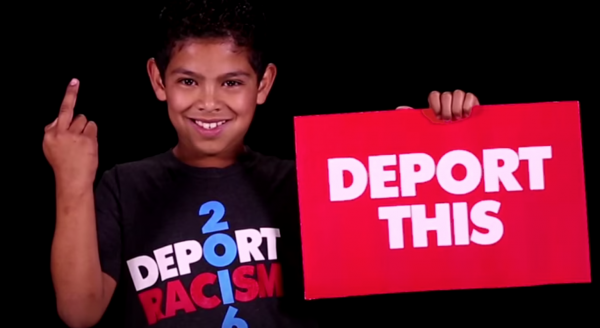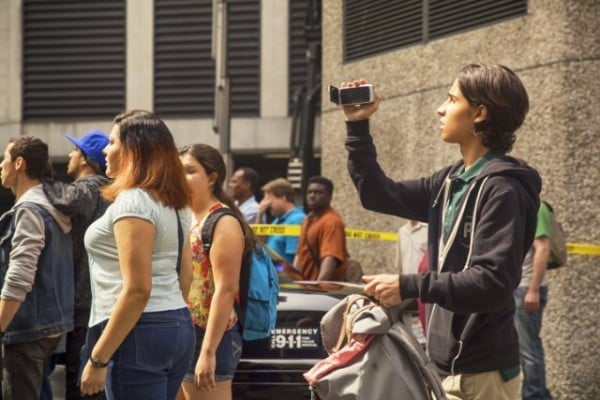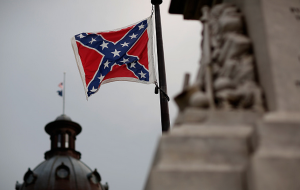As Andrew Johnson pointed out earlier today, evidence has now emerged that at least one of the suspects in the “thrill kill” of Chris Lane, the Australian baseball player shot in the back in Oklahoma, composed racist tweets and even hinted that he’d beaten up several white kids after the Zimmerman verdict. Yet even if race played no role in the murder, the facts are horrifying enough.
What to make of this?
I found John McWhorter’s brief essay on the murder compelling. It begins:
The numbers don’t lie: young black men do commit about 50% of the murders in the U.S.; We don’t yet know whether the attack on Lane was racially motivated, nor can we know whether the three black boys who attacked a white boy on a Florida school bus recently would not have done the same to a black kid. (Critics took Al Sharpton and Jesse Jackson to task for not condemning the violence.) But hardly uncommon are cases such as the two black guys who doused a white 13-year-old with gasoline and lit him on fire, saying “You get what you deserve, white boy” (Kansas City, Mo.) or 20 black kids who beat up white Matthew Owens on his porch “for Trayvon.”
So, it’s just fake to pretend that the association of young black men with violence comes out of thin air. Young black men murder 14 times more than young white men. If the kinds of things I just mentioned were regularly done by whites, it’d be trumpeted as justification for being scared to death of them.
He continues:
But who’s to say what would happen if black America exerted even half of the emotional fervor and brainpower it does over cases like Martin’s to thinking about how to keep black boys from going wrong? . . . What kind of self-image do we have to assume we can only change others, but not ourselves?
For the time being, though, it’s time for the media to stop proudly emblazoning the race of white cops who kill black boys while cagily describing black teens as, say, “from the grittier part of town,” as has been the case regarding Lane’s killers. The media needs to be as honest with black people as we need to be with ourselves. No group gets ahead by turning away from its real problems.
McWhorter’s last sentence is key. Has our elite cultural practice of minimizing black violence and denying black racism helped the black community? Is the present generation of young black males better off in any measurable way because of our current reluctance to deal with the facts as they are rather than the facts as we wish them to be?
Our elite’s collective heart bleeds over systemic oppression, and they’re eager to call out anyone (for example, the esteemed Victor Davis Hanson) who discuss the wrong kinds of experiences with race. (Hint: you can universalize from personal experience when that experience is with racial profiling, but you must not do so when that experience is with crime.) Their attitude, however, is really more about them than about the population they allegedly care so much about and yet do so little for. After all, life in the SuperZips, or “conferenceville” (to borrow Glenn Reynolds’ excellent term), is pretty tranquil regardless, but it’s a heckuva lot better if you can go along with the groupthink.
In the meantime, evil and racism lurks in the heart of all too many young people, entire communities bleed, and an Australian jogger gets shot for fun.
This article first appeared here on National Review.










